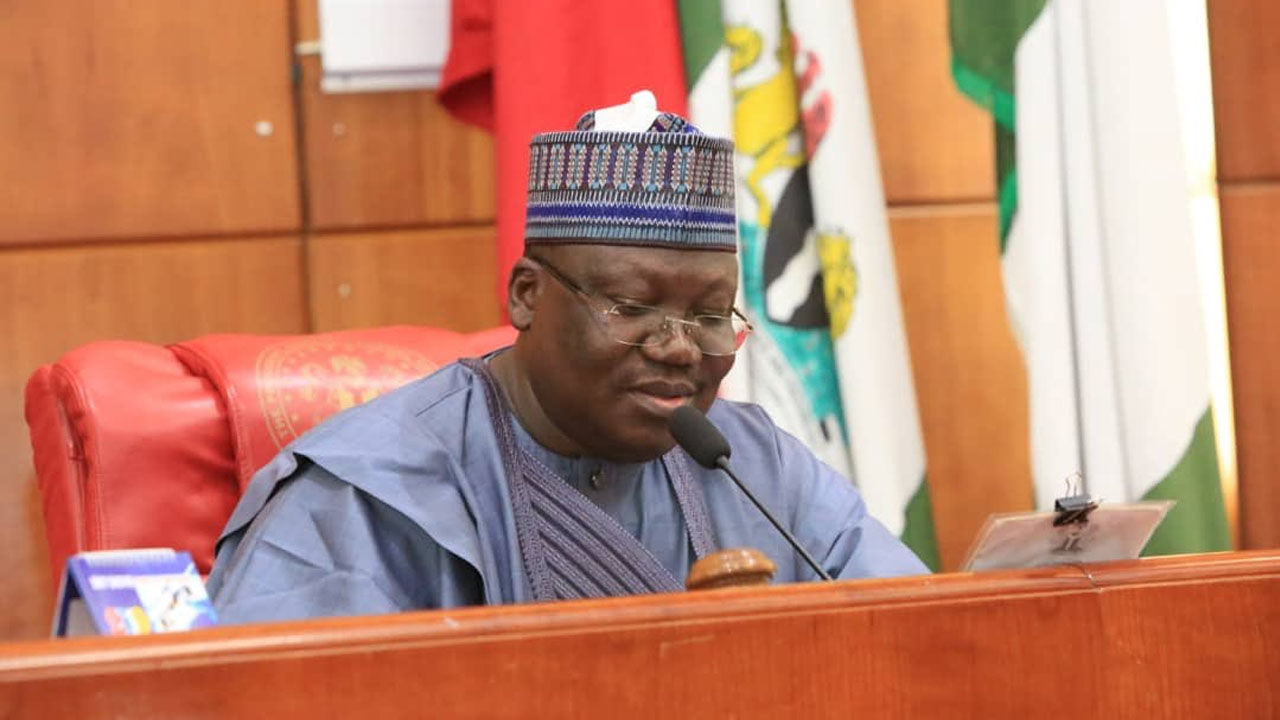
Decries 33.9m Nigerians’ lack of financial access
Nigeria’s money supply has grown by 62.8 per cent year-on-year (YoY) in September 2024, despite the tightening stance of the Monetary Policy Committee (MPC) of the Central Bank of Nigeria (CBN) to mop up excess liquidity to control inflation.
CBN recorded progress in the financial inclusion rate with 52 per cent of adult Nigerians having formal bank accounts.
According to the latest data, Nigeria’s money supply (M3) increased to N108.95 trillion in September 2024, compared to N66.94 trillion in the same month last year.
From N107.19 trillion in August 2024, the money supply rose by 1.6 per cent on a month-on-month basis within a year.
The continued rise in money supply remains amid the tightening stance of CBN governor, Yemi Cardoso.
The M3 has been on a consistent increase, indicating huge liquidity in the system amid government-increased spending.
With more than N1 trillion going into various types of social assistance such as Conditional Cash Transfer (CCT), the fiscal authorities are a major contributor to the increasing money in circulation.
Net Domestic Assets (NDA) increased by 54.6 per cent Y-o-Y, rising from N54.41 trillion in September 2023 to N84.14 trillion in September 2024.
Net foreign assets recorded a 97.9 per cent Y-o-Y from N12.54 trillion in September 2023 to N24.82 trillion.
It also declined by 2.7 per cent month-on-month.
HOWEVER, 32 per cent of the population remains excluded from the formal financial system.
At the Financial Literacy Fair commemorating the 2024 World Savings Day in Abuja, the CBN disclosed the strides and challenges in the nation’s financial inclusion landscape.
Acting Head of the Consumer Protection Department at CBN, Ibrahim Yahaya, said in 2023, 52 per cent or 54.2 million adult Nigerians have recognised bank accounts, but about 33.9 million people (32 per cent) were excluded from the financial system entirely.
Further breaking down the statistics, Yahaya revealed that another five per cent of the adult population fell within the “other formal” financial inclusion category, while 11 per cent were informally included in the financial system.
Yahaya stressed the need to instil a culture of savings across all age groups, particularly among youths.
The CBN official also linked the practice of saving to broader economic benefits, noting: “What we have as deposits is what the banks use to lend out, especially to the real sector, which drives economic growth.”
He encouraged Nigerians, particularly the youth, to make savings a habit, regardless of the economic environment.
“If you wait to have plenty before you start saving, you may never do it,” he advised. “But if you take it as a habit, setting something aside, even in small amounts, you will see the benefits in the future.”
Addressing the challenges inflation poses to saving, Yahaya acknowledged that “while inflation is particularly difficult, maintaining a saving culture can serve as a buffer.
“Inflation has been there, and I know it is more challenging these days. But if saving becomes part of a life attitude, it will help cushion the impact.”






